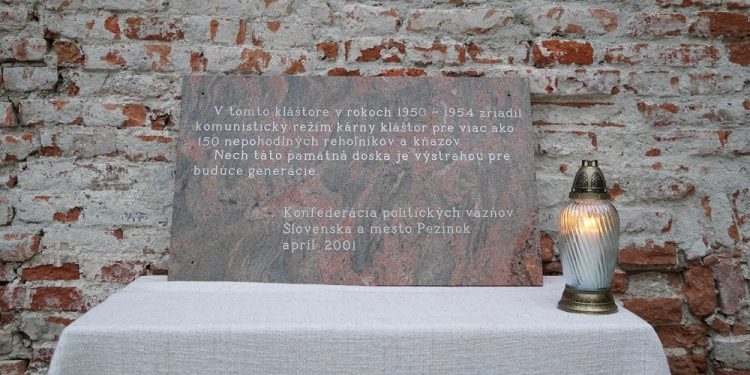
Unfairly Prosecuted Persons Day
Unfairly Prosecuted Persons Day is a remembrance day in Slovakia that is observed annually on April 13th. It was created to commemorate the dissolution of male monasteries in communist Czechoslovakia.
When the communists took control of the Czechoslovak Republic following the 1948 coup, the principles of Marxism and Leninism pervaded the country’s intellectual and cultural life. The Prime Minister of the country, Klement Gottwald, began to purge dissidents from all sectors of society, including the religious sector.
On the night of April 13th, the state police and armed forces stormed the 56 male monasteries throughout Slovakia and arrested everyone in them. These attacks continued until 1950, and as a result, over 2,000 priests and monks were sent to internment camps.
A few months later, female monasteries were then targeted. This holiday was established to honor the priests and monks who suffered during the Communist Regime in Czechoslovakia and is now observed in Slovakia.
Interesting Facts About Slovakia
Below are a couple of interesting facts about Slovakia that we uncovered while researching the details of Unfairly Prosecuted Persons Day. Let’s take a quick look at them before continuing.
- Slovakia has the highest number of chateaux and castles per capita of any country in the world.
- Slovakia has the second-largest natural freshwater supply. Austria has the largest.
- As of 2020, the estimated population of Slovakia is about 5.5 million people.
- Slovakia has one of the highest death rates for heart disease in the European Union.
- Slovakia is home to over 1,300 mineral springs.
- Vysoké Tatry is the highest situated town in all of Slovakia.
Observing Unfairly Prosecuted Persons Day
This holiday is not a public holiday, which is why normal day-to-day activities continue on this day. That means that government offices remain open, as do schools and businesses. There are commemorative events and special services in the Catholic Church, but it is not widely commemorated by the general public.








